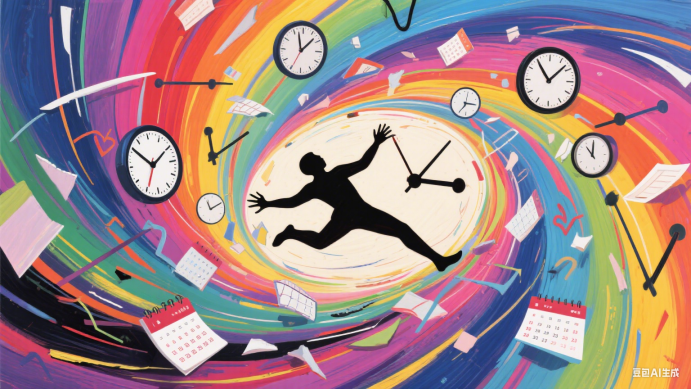
School life keeps you busy! Between classes, homework, friends, and finding time to relax, your days fill up fast. Want to feel less rushed? Here are some easy tips:
Plan Ahead: Know what’s coming! Write down homework deadlines, tests, club meetings, and fun plans like sports or family time. Put this schedule where you see it daily — on your wall, in a notebook, or on your phone. Checking it helps you remember important dates.
Set Reminders: Don’t forget small steps! Use your phone alarm, notebook, or calendar app to remind yourself to start studying early or talk to friends about a group project. This helps you stay on track, especially on very busy days. Give yourself enough time for big tasks like tests.
Choose What Matters First: Too much to do? Take a minute. Ask yourself: What deadline is soonest? What needs more energy? Sometimes doing quick tasks first (like tidying your desk) makes you feel good before harder work. If your schedule is full, it’s okay to move less urgent things or say “maybe next time” to friends. They will understand you need to study.
Make Time for Fun & You: Managing time isn’t just about study. It’s about you. Always include time for fun things you enjoy — riding your bike, being with family, or resting. Looking forward to fun helps during busy times. Putting yourself first keeps you happy and healthy.
Get Help: Planning helps, but you don’t have to do it alone. Study with friends to stay focused. Tell family when you need quiet time. Teachers can also give good advice. Staying organized is easier with help.
By trying these tips, you can get your work done, enjoy time with friends, and still have moments for yourself. You can do it!
原创编写 版权所有 侵权必究! 每日更新 个性化阅读 英语飙升!
1.1. What does “it” refer to in Para.2?
A Schedule.
B Homework.
C Test.
D Project.
解析:选A。A 词意指代题。结合“Plan Ahead”段落中划线单词上文“Write down homework deadlines, tests, club meetings, and fun plans... Put this schedule where you see it daily”可知,写下各种事项并制作日程表,所以这里“it”指代的是日程表“Schedule”。故选A。
2.2. What can help you remember to start studying early?
A A big task.
B A long deadline.
C A study partner.
D A phone alarm.
解析:选D。D 细节理解题。由“Set Reminders”段落中“Use your phone alarm, notebook, or calendar app to remind yourself to start studying early or talk to friends about a group project.”可知,手机闹钟、笔记本或日历应用程序能提醒自己早点开始学习。故选D。
3.3. If you have many tasks, what should you consider first?
A Task difficulty.
B Task length.
C Task deadline.
D Task fun.
解析:选C。C 细节理解题。根据“Choose What Matters First”段落中的“Ask yourself: What deadline is soonest? What needs more energy?”可知,当有多项任务时,首先应考虑任务的截止日期。故选C。
5.5. When it comes to time management, what does the writer think of getting help from others?
A It’s unnecessary.
B It’s helpful.
C It’s exciting.
D It’s difficult.
解析:选B。B 细节理解题。从“Get Help”段落中的“Planning helps, but you don’t have to do it alone...Staying organized is easier with help”可知,作者认为在时间管理上获得他人帮助是有帮助的。故选B。
